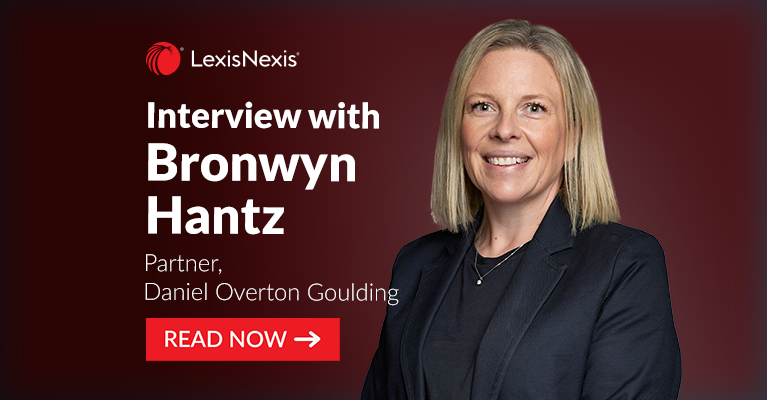Summary When executive power goes unchecked A chance for solidarity among common law jurisdictions New Zealand at the forefront Beyond the minutiae The human connection Creating environments...
Summary The empathy advantage From server to cloud Competing with larger machines The Ferrari and the potholes The enduring powers problem The constant foundation Originally published...
Summary The year legal AI became real Voices shaping the profession A year worth remembering Contributors 2025 There's a curious phenomenon about how we experience time. When our days are...
Summary The problem with platform hopping How the models differ Security without compromise Beyond legal research The speed of adoption Originally published by NZ Lawyer . Republished...
Summary Introducing Protégé General AI General AI Models Available in Protégé for New Zealand Legal Workflows Practical Use Cases for Lawyers But as AI becomes more common in legal practice...

Summary
In today’s fast-paced media environment, corporate crises demand swift, coordinated responses between legal, communications, and operations teams. Waiting for complete information before acting can damage public trust.
The risks of simply doing business have escalated. Is your legal department properly prepared for when – not if – a crisis eventually strikes?
In-house legal departments spend a great deal of time avoiding or mitigating risk. But how many have plans in place to cope with a corporate crisis? We speak with a crisis management expert and a general counsel at Hato Hone St Johns on how to communicate effectively with external stakeholders and the public during turbulent times.
In the heat of a crisis, the first instinct for most is to wait and see... Most people will want to gather the facts, dig into the details, and weigh up the risks. Yet in today's rapid media landscape, a 'wait and see' approach can often cause more harm than good says Lizzie Johnston, Head of Public Affairs and Government Relations at Hato Hone St John.
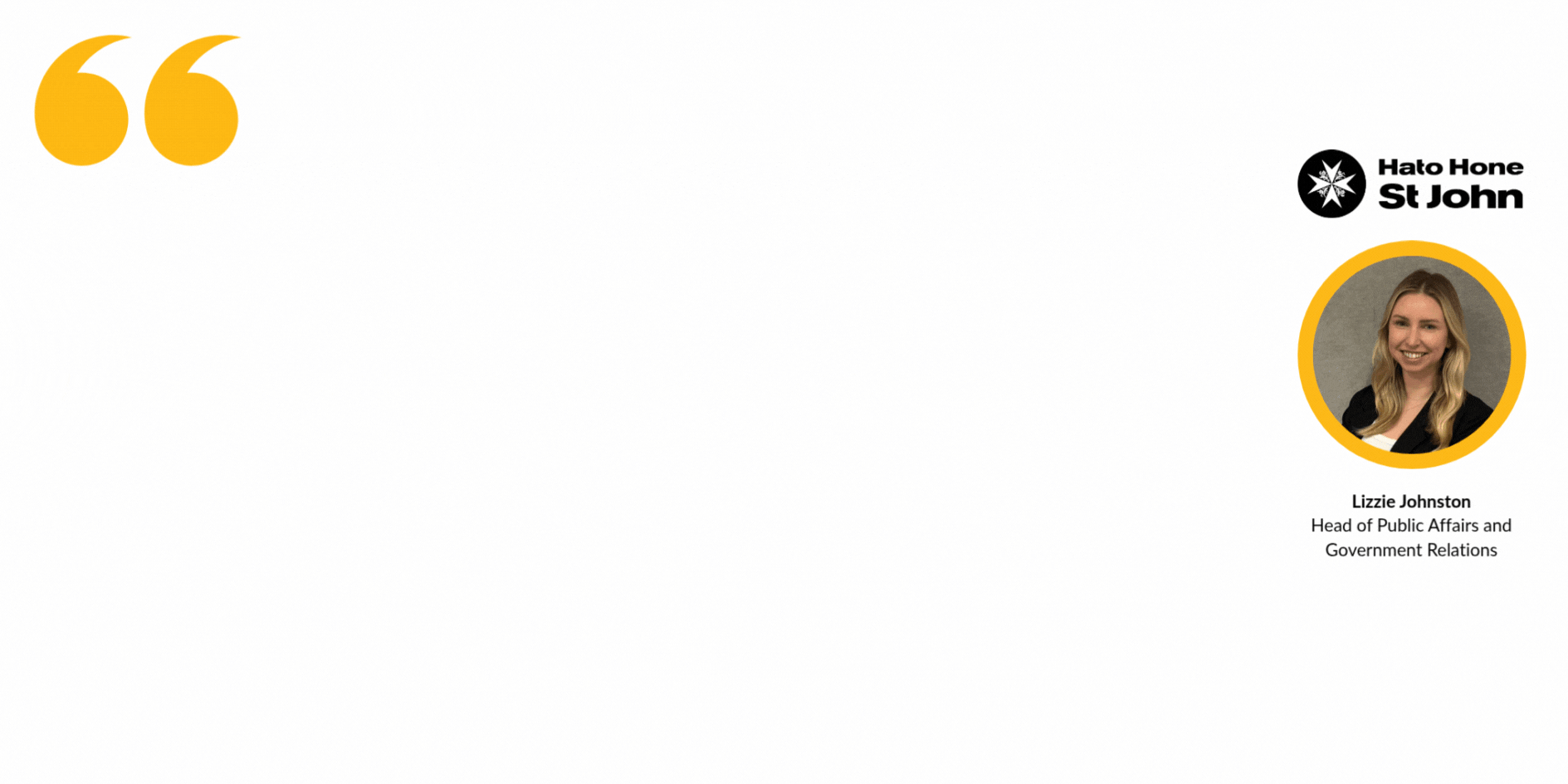
Of course, Hato Hone St John are at a rather extreme end of the spectrum, dealing with actual life-and-death situations often involving vulnerable people and real-time media interest. Yet Johnston, who spent a decade in the corporate world before moving to the nationwide charity with more than 10,000 employees, insists that moving quickly is a rule that should be applied across the board.
"In the early stages of a crisis, people often default to a 'wait and see' approach, but in today’s media and social media environment, perception forms quickly and people will fill the gaps."
When something goes wrong, you learn very quickly how important it is to work side-by-side with legal and operational leaders, she says.
"Crisis management must be done in parallel: legal, comms, and operations all moving together, not in sequence."
"The best legal advisors I’ve worked with also help shape strategy by clearly outlining the legal parameters in a way that enables confident decision-making, not paralysis."

Johnston's go-to legal contact at Hato Hone St John is Ben Sutton, General Counsel.
When a crisis occurs, Sutton says there is always an inevitable amount of information that will be wrong or incomplete, which can lead to confusion, assumptions, and tunnel-vision. Yet this shouldn't hold you back from acting, he says.
"Consult with your colleagues and make well-balanced decisions based on the information you have, in the knowledge that you may need to pivot or revise as more information comes to hand."
That said, it’s essential not to jump to conclusions, says Sutton.
"Keep a wide view. Often legal counsel sit a little further back from the immediate issue and can bring a wider perspective."

The best in-house lawyers are pragmatic in a crisis
While lawyers often excel at identifying risks, they're also useful at breaking issues down, thinking logically, and providing a selection of options, encourages Sutton from Hato Hone St John.
"Lawyers can help bring clarity by summarising what the issues are, noting risks that others may have missed, and helping come up with options that address the issues and mitigate the risk."
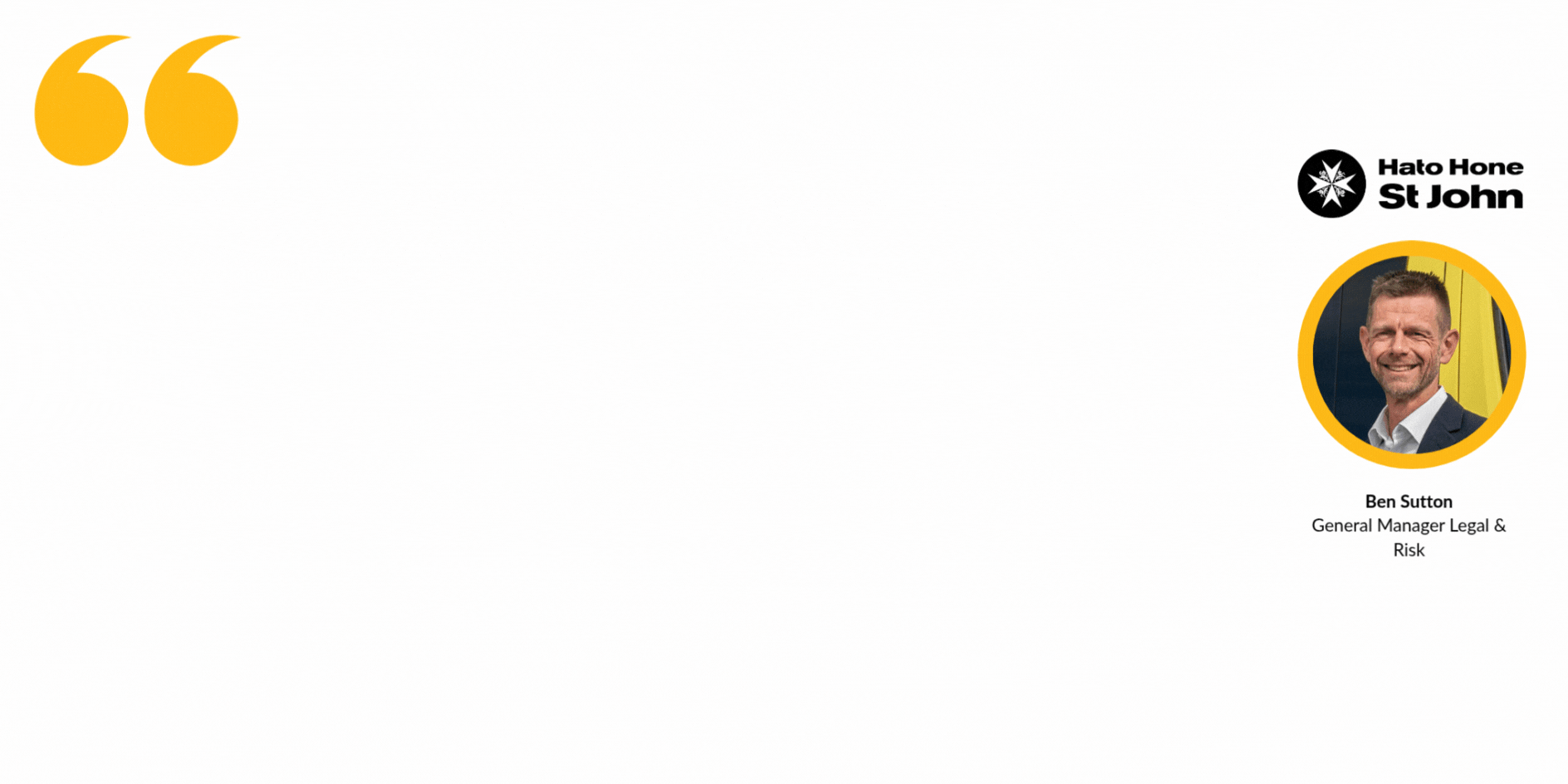
Being pragmatic isn't just a skill valued by Sutton and his team. A 2025 LexisNexis survey of in-house legal counsel found being pragmatic and agile is the most valued trait in an in-house legal leader. Almost half (45%) of in-house lawyers told us their department needs leaders that are pragmatic and agile, while a similar number expressed a need for good communicators (44%).
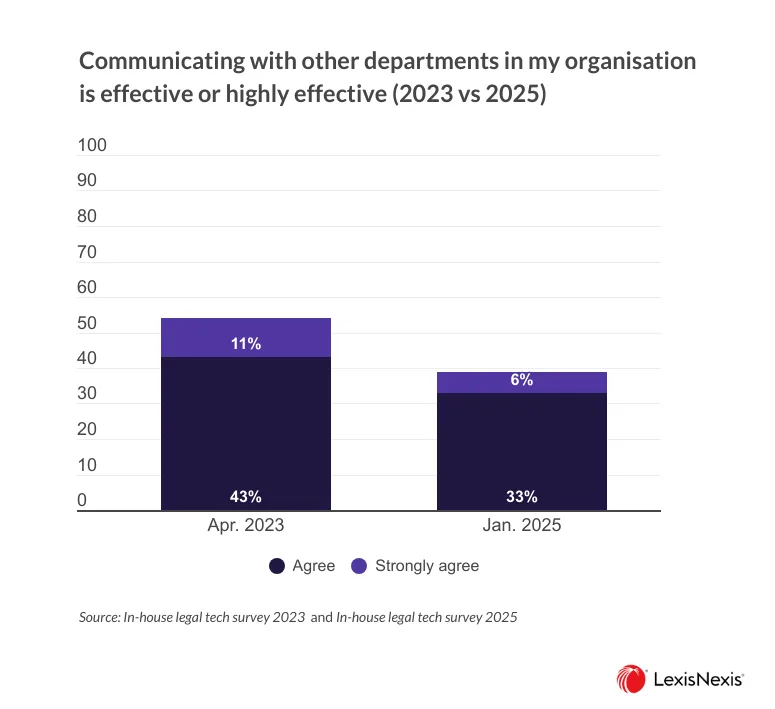
In-house lawyers are often useful in a crisis for their understanding of the wider business and knowing who else might need to be involved.
"You are used to working with people from all across your organisation, so you are in a good position to ensure other perspectives are at the table, too."
However, the same survey also unveiled that more needs to be done to encourage communication and collaboration between legal teams and other departments.
In April 2023, 54% of in-house counsel believed communication with other departments was effective. Two years on and this has dipped to 39% of in-house counsel agreeing or strongly agreeing. In a corporate setting, inter-department relationships can be strengthened by being solution-focused, says Cheryl Gale, Head of Legal at children’s audio speaker, Yoto, in a recent interview. Legal teams should strive to be as visible as possible, using tools like Slack channels as a 'legal front door' to facilitate direct communication with different departments, says Gale.
"We do try to be as visible as we possibly can, which definitely does help to get us involved early for things as well."

Invest in your worst-case scenario
Planning for a range of emergency situations shouldn't be the sole responsibility of your communications team. Whatever the crisis, legal will no doubt be pulled into the mix and they will need to be prepared.
Preparation is everything, says Johnston.
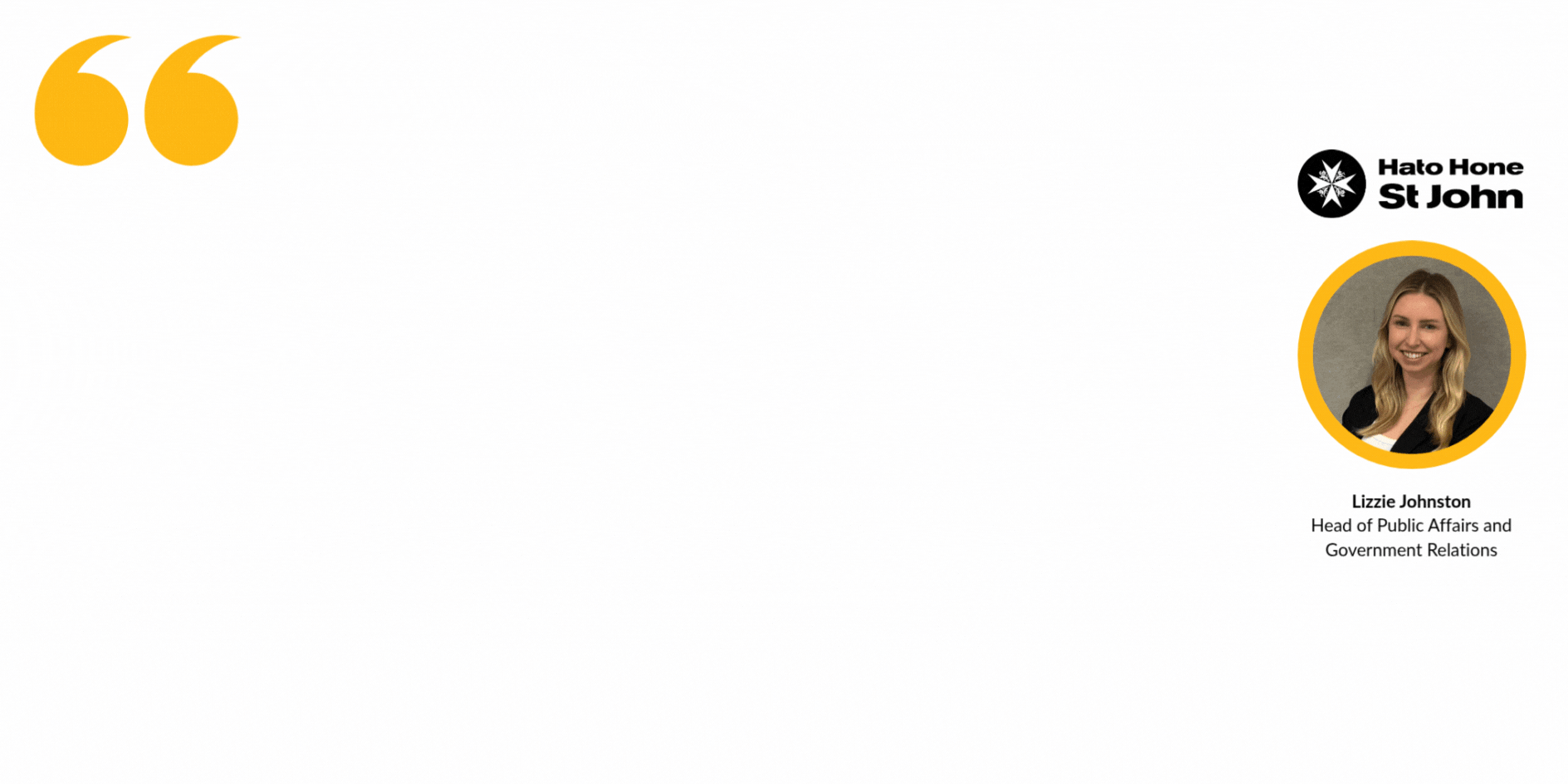
If you are called upon to be the company spokesperson, use plain language, acknowledge the human impact, and be clear on next steps, advises Johnston.
"Media training is hugely valuable. Not to control the message, but to ensure the delivery reflects the tone and responsibility expected of legal professionals in high-stakes situations."
Understanding and being part of your organisation’s response planning is key, says Sutton.
"You are likely to need to have a key role in coordinating with internal stakeholders – including your executive and board, and working with your key external advisors."
When planning, Sutton and his team tend to focus on the things that keep their organisation's leaders up at night.
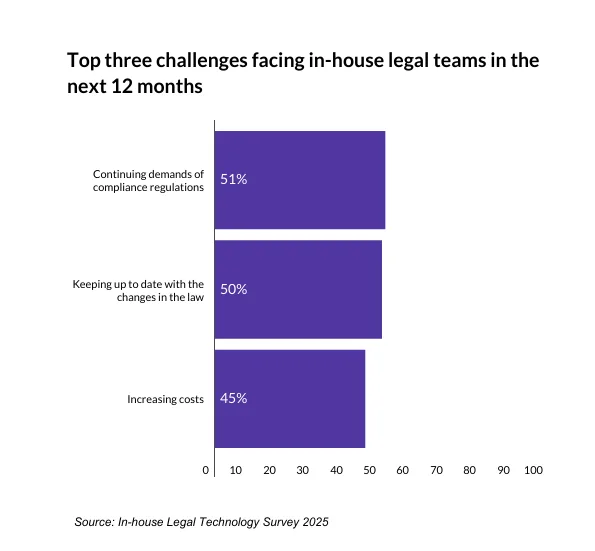
A big challenge for Hato Hone St John is understanding and preparing the organisation for the rapidly evolving regulatory, political and economic landscape.
"There has been significant focus on and change in the charities sector in New Zealand over the last few years."
Another challenge is the impending threat of a data breach, says Sutton.
"I’ve come to appreciate how important good planning and processes are," admits Sutton.
Despite the many factors to consider during a crisis, Sutton believes the core focus should always return to your organisation's purpose.
"The crisis we have dealt with in recent years have really reinforced our need to keep the person foremost in our thoughts and responses."
No matter what the legal issues are, Sutton says Hato Hone St John ensures their team and their patients are the first priority.
Interested in seeing how LexisNexis can help you achieve better outcomes for your organisation and enhance the performance of your in-house team? Complete the form below to speak with our team.


